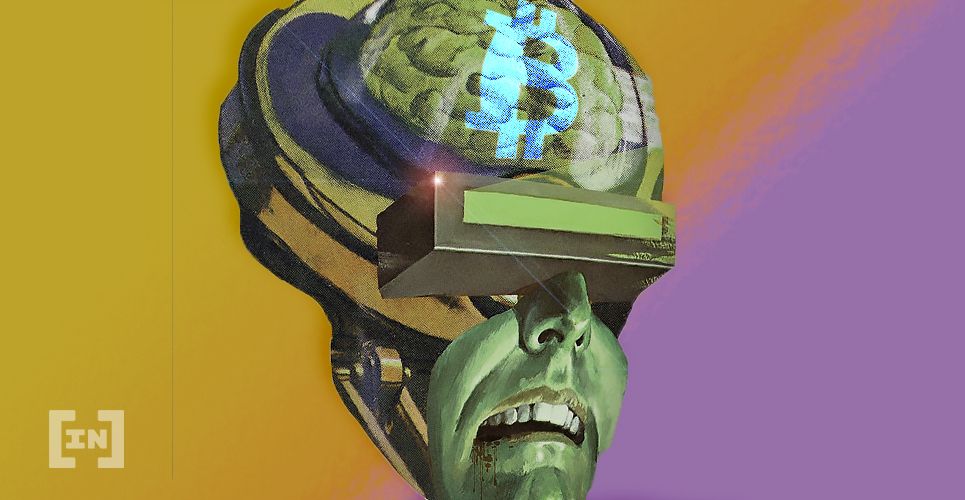A recent report by CNN has pegged Asia’s growing meth trade at an estimated valuation of around $61 billion this year. The industry has been rising by over $10 billion each year since 2010. Surprisingly, the figure amounts to roughly half of Bitcoin’s total market capitalization.
While cryptocurrencies have long been accused of facilitating illegal activities, studies have shown that the proportion of such transactions is actually on the decline. US President Donald Trump, however, recently posted a rather critical tweet on the cryptocurrency market, putting particular emphasis on its past association with “unlawful behavior.”
I am not a fan of Bitcoin and other Cryptocurrencies, which are not money, and whose value is highly volatile and based on thin air. Unregulated Crypto Assets can facilitate unlawful behavior, including drug trade and other illegal activity….
— Donald J. Trump (@realDonaldTrump) July 12, 2019
US Govt Thinks That BTC Facilitates Drug Trade
According to the CNBC report, meth trade in East and Southeast Asia, Australia, New Zealand, and Bangladesh is now worth between $30-$61 billion, almost half of Bitcoin’s current market cap. According to another CNN report, meth trade is booming in these regions and will only keep growing in the short term. Since the Silk Road debacle half a decade ago, some mainstream media outlets have peddled the belief that the cryptocurrency asset class has been a big contributor to the global drug trade, providing criminals an easier way of getting away. Raising hostility from the U.S Govt towards cryptocurrency became apparent when earlier this week, when the U.S. Treasury Secretary held a press conference on July 15 following the launch of Facebook’s Libra cryptocurrency. He claimed that such unregulated tokens presented national security implications, with high potential for use in money laundering and other illicit activities. Federal Reserve Chairman, Jerome Powell, echoed similar concerns. Cryptocurrencies have received bipartisan criticism in the US, with Facebook’s Libra being at the eye of the storm recently.Bitcoin and Drug Trafficking, an Unlikely Duo
A 2018 report from the University of Oxford revealed that approximately 25 percent of Bitcoin transactions were associated with illegal activities. In contrast, however, the market for illegal drugs in the US and Europe alone amounted to over $100 billion, suggesting that cryptocurrencies are not solely to blame for illicit e-commerce transactions. The report also said that the proportion of Bitcoin activity associated with illegal trade has declined due to increased mainstream usage and speculative interest in Bitcoin, along with the emergence of other cryptocurrencies. Another report by Global Financial Integrity published in 2017 said that the global drug trafficking market had reached about half a trillion dollars (between $426 billion and $652 billion), making it the number two illicit trade after counterfeiting and piracy goods. Clearly, drug trafficking makes up only a small portion of all cryptocurrency transactions. This suggests that with more mainstream usage, illegal trade will either find other assets or make up a minuscule portion of all use cases. Do you believe that drug peddlers and the like have moved onto privacy-oriented digital currencies such as Monero? Let us know your thoughts in the comments below.Disclaimer
In adherence to the Trust Project guidelines, BeInCrypto is committed to unbiased, transparent reporting. This news article aims to provide accurate, timely information. However, readers are advised to verify facts independently and consult with a professional before making any decisions based on this content. Please note that our Terms and Conditions, Privacy Policy, and Disclaimers have been updated.


